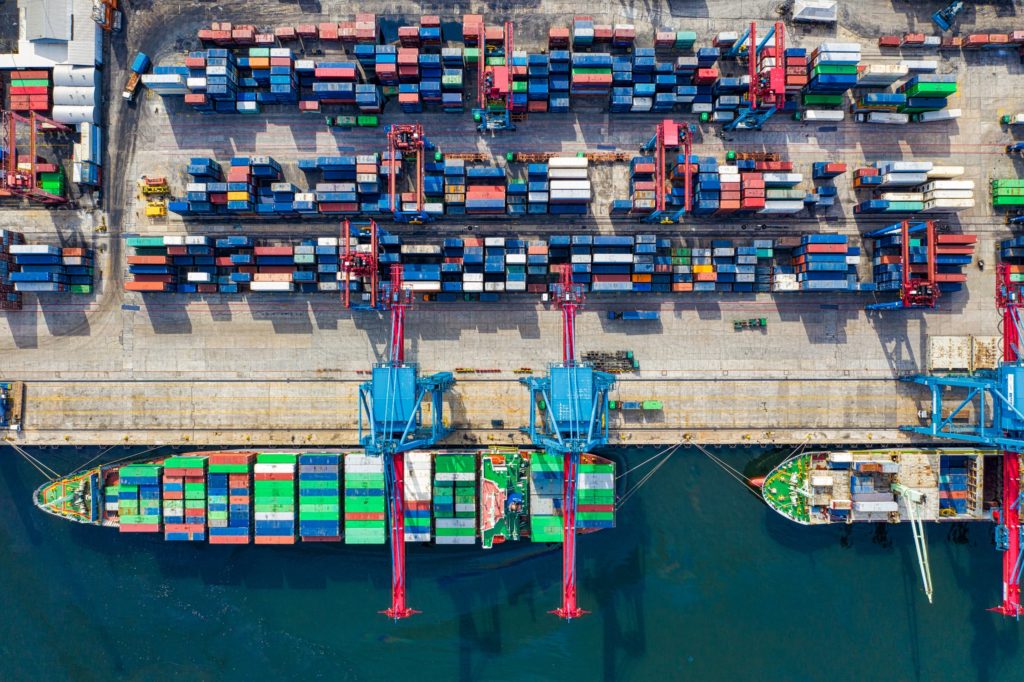Since July 2018, the Chinese-American Trade War has resulted in the implementation of tariffs totaling hundreds of billions of dollars. Since our team received a lot of questions about the Chinese perspective on the matter, I interviewed several people across different industries to understand the social and economic impact of the tariffs, as well as how companies are adapting.
The Arising challenges
Dan, the manager of a hydration factory in Zhejiang, China, said, “Factories of various size are affected in different shapes and forms.” According to Dan, industries relating to the tariffed items have been affected by the reduction of orders and decrease in profit margins. While bigger factories look for solutions to cut costs and negotiate with clients, smaller business without this capability to adjust are being driven out of business.
Evan, a factory owner in Guangdong, pointed out that manufacturers need to understand the emerging challenges in the evolving US-China market. With that being said, he is very optimistic new opportunities will arise from this situation. He stated, “Companies with a progressive mindset will survive.” His beliefs indicate it is the mindset of a company that matters in terms of adapting, not the company’s size or scale of production.
Many factory owners believe the “industry shuffle” caused by tariffs will lead to a rejuvenation of the market environment that will ultimately benefit the Chinese economy in the long term. Mr. Chung, the owner of an electronics factory in Zhejiang, explained the cleansing effect that comes with a check on margins. “Unhealthy companies that compete through dumping and risky financial operation will be chased away by the tightening profits, while other companies are then allowed to operate in a healthier ecosystem.” Nevertheless, factory owners acknowledge the indisputable pressure that will come in the short term.
Are they confident in the long-term?
Most interviewees agreed it was unlikely for the conflict to resolve anytime soon. Amy, the owner of a textile factory in Vietnam, does not see the reconciliation between the two superpowers in the foreseeable future. “The trade war is going to be on for a while, possibly with numerous negotiations throughout but not with an end”, Amy predicts, “because neither China and America is going to back down.” Meanwhile, she has noticed an increase in supply chains relocating from mainland China. “Offshoring is happening in action and in large amount, which provides great opportunities for China’s neighbors.” Not surprisingly, the 25% tariff has deprived Chinese factories of its advantage on pricing to their southeast-Asian competitors.
However, Chinese manufacturers have shown more optimism than many may expect. “Not all production in China can be duplicated in other locations,” explains Chung, “given the large cost of relocating, business with more complicated industrial chain is quite impossible to move.” According to Chung, “while low-tech and low-barrier production may offshore, higher-end productions that have the most impact on the Chinese economy in the future would stay”.
Evan took the idea of specialization a step further. He believes that the trade war would nurture better cooperations between Chinese and Southeast Asian businesses. “As Chinese factories shift from their former venue of profit, of labor-intensive production with limiting margin, to more technically demanding parts of the supply chains, they will better co-work with businesses overseas through specialization.” Moreover, factory owners believe that China has established a firm foundation of manufacturing in the past four decades. Evan shared “the accumulation and development in Chinese supply-chain are going to be a long-term asset and advantage of the Chinese manufacturers. It is not going to be challenged by political climate within a short time.”
What is our best foot forward?
Wang, a local taxi driver in Hangzhou, has shown utter indifference towards the matter. “They [the US and Chinese government] can rage a war however they want. It is none of our business.” Regardless of the daunting number of tariffs imposed, the vast majority of the population may not sense the palpable differences brought by the trade war. “What difference does it make?” Wang jokingly asked, “even if the tariff is not driving the factories out of business, there are plenty of other daily factors that are. I was a taxi driver worry about not having enough customers every day— even without the influence of any tariffs.”
Although he has no experience in manufacturing, Wang has pointed out a simple fact in the industry — factories are always maneuvering in a market with uncertainties and constant changes. The tariff is merely one more of them. What Chinese businesses need right now, as Amy, Chung, Evan, and Dan all agree, is to focus on creating value in their products — to increase efficiency, to adapt creatively, and to make their services irreplaceable. “Despite all the changes,” Evan explained, “there are constants in a market, and one of them being that no one can resist a product with better quality and a fairer price.”
